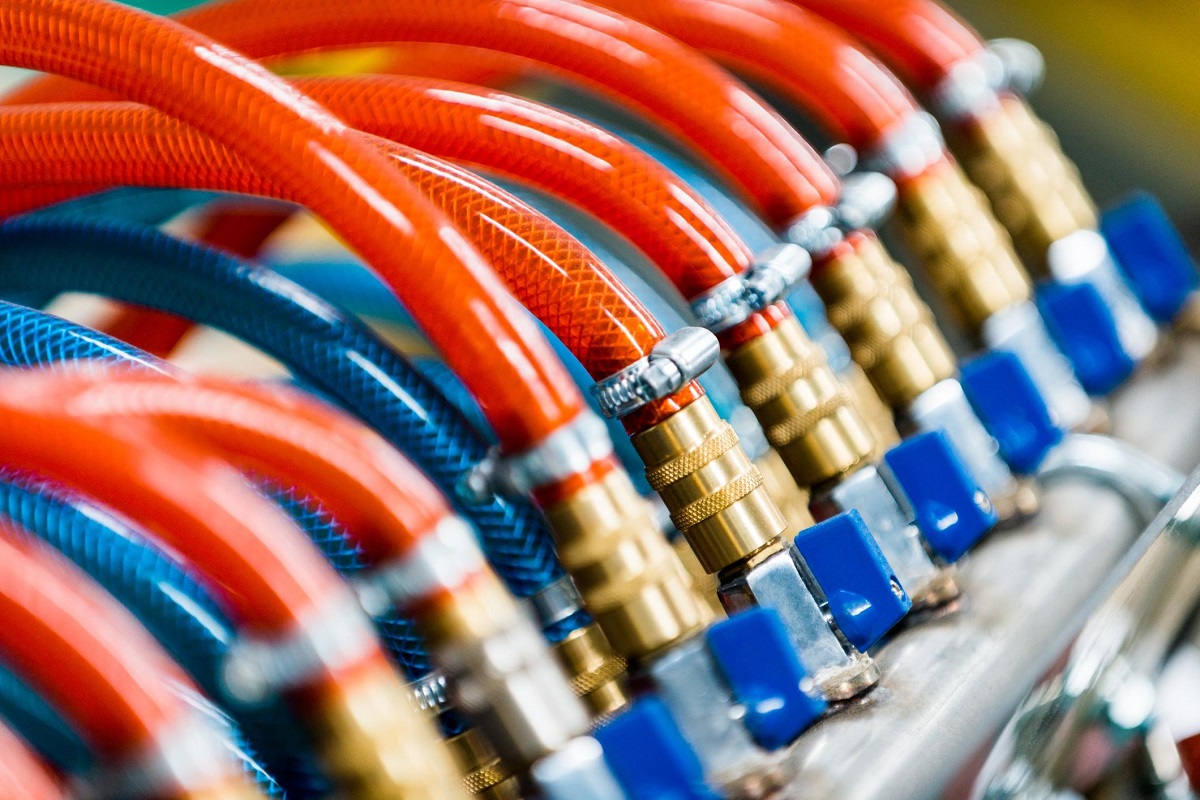It’s common to see engineers specialise in hydraulics engineering, as more opportunities exist in this area. A career in fluid power, whether you’re an engineer, technician or in sales, can be extremely rewarding. Perks include, good money, challenging work, and job security.
So if you’re keen to become a Fluid Power Hydraulics Engineer, here’s everything you need to know.
Opportunities in the area
Fluid power is an important technology, with a study conducted in America alone seeing between 2.1% and 3% of all energy generated in the US is through fluid power machines.
Another finding by the Department of Energy in America also saw that fluid power systems are more efficient, with a range that averages at 22%.
The opportunities in hydraulics, pneumatics and fluid power applications can transcend through industries. This includes agriculture, aerospace, construction, automation and entertainment to name a few. Hydraulics is becoming an efficient way to operate, hence why by many industries are using it worldwide.
There’s also many opportunities to relocate to growing markets such as Europe, North America, Australia and Asia. Keep your eyes peeled for engineering opportunities in the construction and chemical sectors for fluid power application roles.
What is the earning potential for a Fluid Power Engineer?
Fluid Power Engineering is a great line of work if you’re looking for great pay, job security and industry growth. Pay varies across the globe:
Australia
With the base pay at $52,500 AUD to the top end at $120,516 AUD
North America
With the base pay at $45,958 USD to the top end at $96,374 USD
UK
With the base pay at £17,734GBP to the top end at £37,719GBP
How do I get started as a Fluid Power Engineer?
At school, your strongholds are science and mathematics. This is especially crucial in final high school years.
At University you’ll be drawn to Mechanical, Mechatronics or Civil Engineering degrees. But, this is not to say that you’ll be limited to these three options.
Unless you’re someone that always knew your clear career path, other areas that can be useful are Biochemistry, Geology, Environmental Engineering, Chemical and Process Engineering.
When studying for your university degree, most engineering courses offer an internship or placement. In a perfect world, one good internship will ensure employment, but that’s not always the case.
But, don’t worry, study shows that numerous internships during or after university study can lead to employment. So a great way to get started as a Fluid Power Engineer is to gain some experience.
Essential skills to acquire outside of the university
Having a university degree is a great place to start, but what about the practical skills no one told you about?
For Fluid Power Engineers it’s vital that you familiarise yourself with the following skills through internships or courses:
- Hydraulic and lubrication system design
- 3D CAD design
- Mechanical and structural engineering
- Electronic control system design
- Problem-solving and consulting
- Project management & documentation
If you can successfully highlight your experience or knowledge in these areas on your engineering CV, you’ll stand out from the competition.
Create an experienced portfolio
At the end of the day, you’re pitching yourself to your potential employer. There’s nothing better than a portfolio which highlights all the work you’ve done with notable brands, companies and projects. Try to keep it concise, strong and straight to the point.
What transferable skills do I need to become a Fluid Power Engineer?
You enjoy starting and finishing projects. You’re a team player who can work on parts of the puzzle that fit into a bigger picture. You are capable of working unsupervised on site, a lab or in an office. You are a natural problem solver with a knack in picking up new skills and methods.
As an engineer, a lot of the analytical, mathematical and problem-solving skills may come naturally to you. Other attributes should include people skills, interpersonal skills and active listening. A key part of the role is understanding client queries and providing solutions.
What’s next?
Start by asking yourself, “how confident do I feel when designing on 3D CAD software?” If your answer is not very, then you need to get better!
If you’ve recently graduated, it’s important to stay proactive by interning, contacting companies you’d like to work for and learning new skills. Gain a competitive edge and always remember there are hundreds of graduates stepping into the same pool as you.
While this may make it harder to stand out, if you can develop your skills and knowledge to be valuable to a firm, you’ll automatically stand out. The fluid power sector is growing, developing and being adopted by many sectors, so why not get started today.
About the author: Ben Howard is an engineering student at the University of Western Australia. His work experience has seen him involved in numerous roles in the mining and engineering sector. He would like to thank the team at Fluid Line for their insight on the hydraulic industry.







